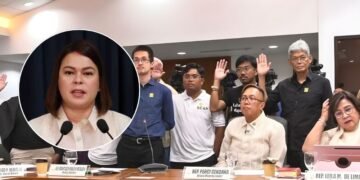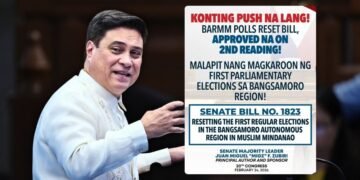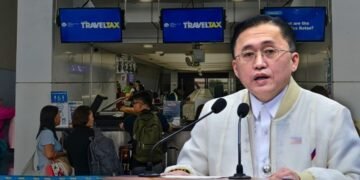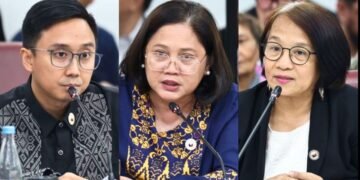South Korea’s President Yoon Suk Yeol shocked the nation on Tuesday night when he declared martial law, aimed at silencing domestic political opponents and suppressing “anti-state forces.”
This dramatic move triggered immediate backlash, as lawmakers from his own party rejected the decree by a wide margin. Just hours later, Yoon was forced to back down, marking the biggest political crisis South Korea has faced in decades.
A Bold, Controversial Move
Yoon’s martial law declaration banned political activity, censored the media, and even saw troops briefly entering the parliament building.
The decree was reminiscent of South Korea’s authoritarian past, a stark contrast to the democracy the country has fought hard to maintain since the 1980s. In fact, this was the first time martial law was declared since 1980, when it was used to crush pro-democracy protests.
The Reversal and Fallout
After Yoon’s swift reversal, there was a collective sigh of relief, both in South Korea and abroad.
The White House expressed satisfaction with the decision, but the damage had already been done.
The political fallout has left Yoon’s approval ratings plummeting and South Koreans facing the uncertain prospect of snap elections. With tensions running high and external threats from North Korea, the future of the nation is far from clear.












